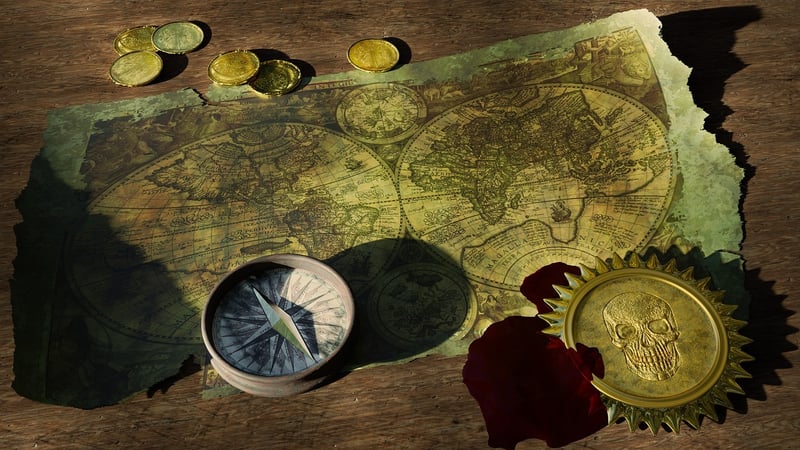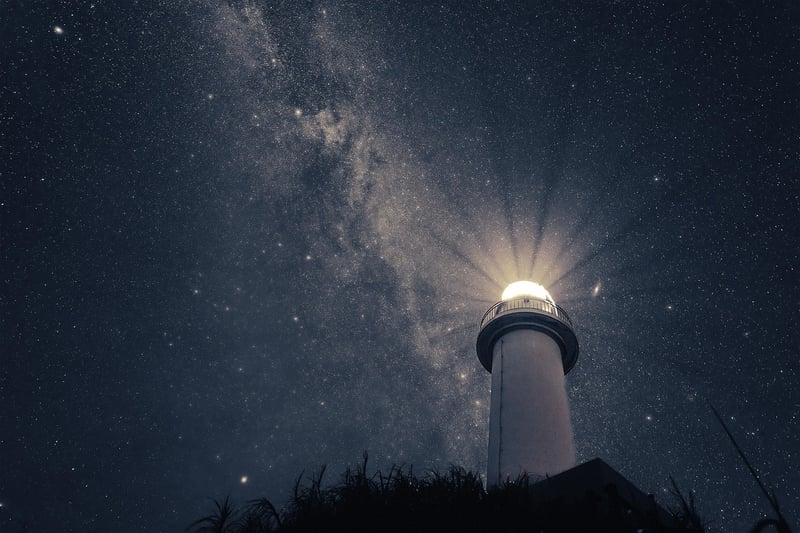Future Exploration
The Evolution of Exploration Through Different Eras and Future Prospects
Ancient Exploration
Ancient civilizations like the Egyptians, Phoenicians, and Greeks were pioneers in exploration, navigating the seas and deserts in search of new lands, resources, and trade routes.

Age of Discovery
The Age of Discovery saw European explorers like Christopher Columbus, Vasco da Gama, and Magellan embark on voyages to the Americas, Asia, and around the world, expanding their empires and knowledge.

Space Exploration
In the 20th century, the Space Race between the USA and USSR led to significant advancements in space exploration, culminating in the first moon landing in 1969 by NASA's Apollo 11 mission.

Future Exploration
As technology advances, future exploration holds exciting prospects. From Mars missions to asteroid mining and deep-sea exploration, humans are pushing the boundaries of knowledge and discovery.

Key Highlights:
- Exploration has shaped human history, leading to discoveries and connections between civilizations.
- Technological advancements have revolutionized exploration, enabling humans to reach new frontiers.
- Future exploration promises to unveil mysteries of the universe and potentially sustain life beyond Earth.
Exploration, in all its forms, embodies the human spirit of curiosity and the desire to push boundaries. From ancient seafarers to modern-day space agencies, the quest for exploration continues to inspire generations and pave the way for a future filled with new discoveries.
